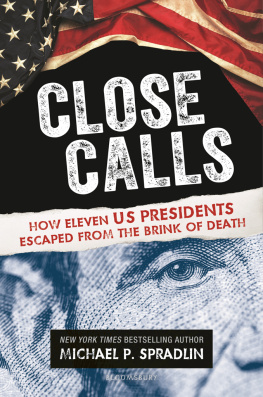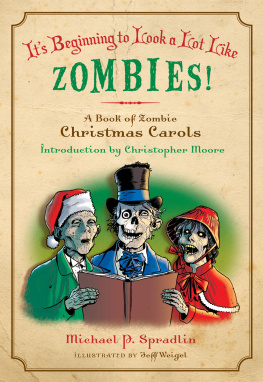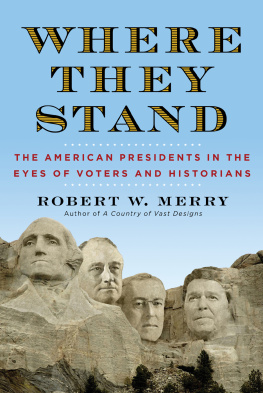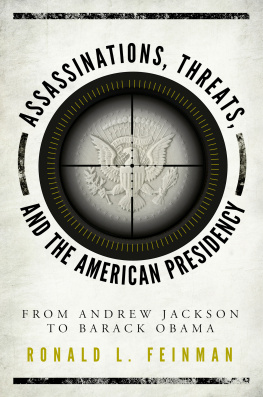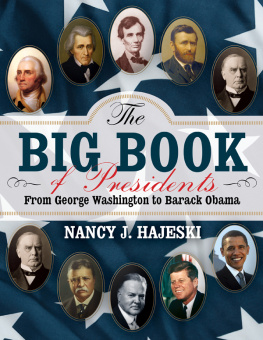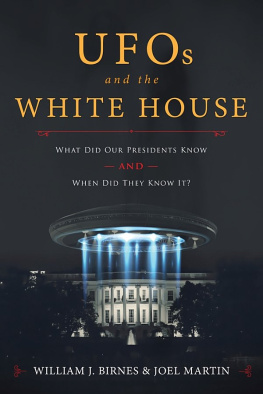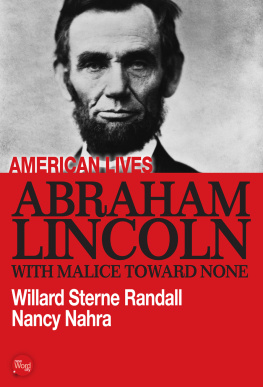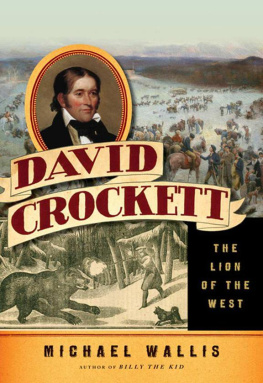
Other Middle-Grade Books by Michael P. Spradlin
THE WWII ADVENTURES
Into the Killing Seas
The Enemy Above
Prisoner of War
THE KILLER SPECIES SERIES
Killer Species
Feeding Frenzy
Out for Blood
Ultimate Attack
THE YOUNGEST TEMPLAR SERIES
Keeper of the Grail
Trail of Fate
Orphan of Destiny
MEDAL OF HONOR SERIES
Jack Montgomery: World War II: Gallantry at Anzio
Ryan Pitts: Afghanistan: A Firefight in the Mountains of Wanat
Leo Thorsness: Vietnam: Valor in the Sky
PARARESCUE SERIES
Denali Storm
BLOOMSBURY CHILDRENS BOOKS
Bloomsbury Publishing Inc., part of Bloomsbury Publishing Plc
1385 Broadway, New York, NY 10018
This electronic edition published in 2019 by Bloomsbury Publishing Plc
BLOOMSBURY, BLOOMSBURY CHILDRENS BOOKS, and the Diana logo are trademarks of Bloomsbury Publishing Plc
First published in the United States of America in January 2020 by Bloomsbury Childrens Books
Text copyright 2020 by Michael Spradlin
All rights reserved
You may not copy, distribute, transmit, reproduce or otherwise make available this publication (or any part of it) in any form, or by any means (including without limitation electronic, digital, optical, mechanical, photocopying, printing, recording or otherwise), without the prior written permission of the publisher. Any person who does any unauthorised act in relation to this publication may be liable to criminal prosecution and civil claims for damages.
Bloomsbury Publishing Plc does not have any control over, or responsibility for, any third-party websites referred to or in this book. All internet addresses given in this book were correct at the time of going to press. The author and publisher regret any inconvenience caused if addresses have changed or sites have ceased to exist, but can accept no responsibility for any such changes.
Bloomsbury books may be purchased for business or promotional use. For information on bulk purchases please contact Macmillan Corporate and Premium Sales Department at
Library of Congress Cataloging-in-Publication Data
Names: Spradlin, Michael P., author.
Title: Close calls : how eleven US Presidents escaped from the brink of death / Michael Spradlin.
Other titles: How eleven US Presidents escaped from the brink of death
Description: New York : Bloomsbury, 2020.
Summary: Historians tell the stories of tragic and untimely presidential deaths, but often forgotten are the near misses. JFK and his fellow servicemen spent six days on a desert island with only coconuts to eat after a deadly attack during WWII. Abe Lincoln was forced to take a train trip in disguise, while Americas first female detective worked to foil an early assassination attempt. And when Andrew Jackson was attacked by an upset citizen who had been stalking him for months, frontiersman Davy Crockett was the one to save him. With pacy, immediate writing, this book chronicles thrilling, undertold stories of US presidents moments of bravery.
Identifiers: LCCN 2019019164 (print) | LCCN 2019980875 (e-book)
ISBN: 978-1-5476-0023-6 (HB)
ISBN: 978-1-5476-0139-4 (eBook)
Subjects: LCSH: PresidentsUnited StatesBiographyMiscellaneaJuvenile literature. | PresidentsUnited StatesMiscellaneaJuvenile literature. | PresidentsAssassination attemptsUnited StatesHistoryJuvenile literature. | Near-death experiencesUnited StatesJuvenile literature.
Classification: LCC E176.1.S6974 2020 (print) | LCC E176.1 (e-book) | DDC 973.09/9 [B]dc23
LC record available at https://lccn.loc.gov/2019019164
LC e-book record available at https://lccn.loc.gov/2019980875
Book design by John Candell
To find out more about our authors and their books please visit www.bloomsbury.com where you will find extracts, author interviews and details of forthcoming events, and to be the first to hear about latest releases and special offers, sign up for our newsletter.
To be good, and to do good, is all we have to do.
John Adams
CONTENTS

INTRODUCTION
TODAY THE PRESIDENT OF the United States is often referred to as the most powerful person in the world. But it wasnt always that way.
In the early days of the republic, the president was often not the most powerful person in the room, let alone the world. The United States was a young countrywith a new constitution, government, and system of lawsfiguring things out as it went along. America was rich in resources, but the nation struggled to build an economy and infrastructure that could support its developing society.
Then, as now, becoming the president of the United States required several distinct personality traits. A potential president still has to be ambitious, able to communicate ideas, and unwilling to accept defeat easily. These are among the same characteristics that allowed many of our past presidents to stare death in the faceand survive!
Some of our presidents were tested in the crucible of wartime service before they ever made it to the Oval Office. Commanders in chief who were also war veterans started with General Washington, who bore the pressure of trying to defeat the greatest military power in the world, and continued to President George H. W. Bush, who became one of the youngest navy pilots in World War II. These people answered their nations call, and in doing so, dramatically increased their own chances of having a close call. Luckily, these future presidents survived their wartime near misses. Other presidents would narrowly escape death and injury while in officelike Andrew Jackson, the first president to survive an assassination attempt.
All of the presidents in this book had the determination, drive, and, yes, luck to survive life-threatening odds.
The world has changed since those early days of the republic, and the dangers today may be different from those in history. But one thing future presidents will have is knowledge of how their predecessors survived their close encounters of the near-deadly kind.

IF THEY KILL THE GENERAL, HE CANT BE THE FATHER OF HIS COUNTRY
WHEN THE UNITED STATES declared its independence from Great Britain in 1776, King George III and his countrymen were pretty upset. Miffed. Angry actually.
They thought the American colonists should be grateful that they were being oppressed by the most powerful country in the world at the time. Sure, the colonists had to pay high taxes and fees. They didnt have a voice in their own parliament. They had to put up with British soldiers sleeping in their homes. If a colonist was charged with a crime, the crown was really fussy about granting a speedy trial. But other than these few minor inconveniences, many British felt the colonists should have been happy that they had Great Britain watching out for them. The British army and navy protected the colonies from attacks by other nations. And Britain was a market for crops and goods. So when King George finally received a signed copy of the Declaration of Independence, he had a fit.

